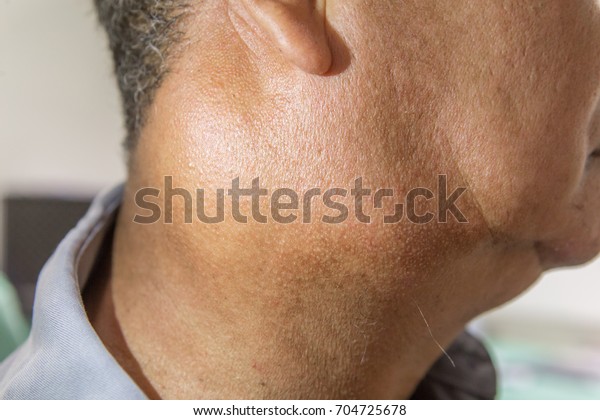

Specifically, those in the previous COVID-19 group were significantly more likely to experience lymphadenopathy, or swollen lymph nodes, as well as fever, fatigue, myalgia and arthralgia.Ībout 4 percent of participants with a COVID-19 history experienced lymphadenopathy, compared to less than 1 percent of those who weren't infected. Overall, those who previously contracted COVID-19 were more likely to report at least one moderate to severe symptom compared to those without a prior infection, at 56 percent and 47 percent, respectively. Of those, 265 participants had previously tested positive for the virus. A total of 947 healthcare workers across three hospitals participated in the study by self-reporting symptoms after vaccination. conducted an observational study that looked at adverse events after COVID-19 vaccination. Those who were previously infected with COVID-19 were more likely to experience swollen lymph nodes after their first dose of Pfizer's vaccine compared to those without a prior documented infection, according to research published April 22 in the preprint server medRxiv. Past Issues - Becker's Clinical Leadership & Infection Control.Current Issue - Becker's Clinical Leadership & Infection Control.Becker's Cardiology + Heart Surgery Podcast.Becker's Ambulatory Surgery Centers Podcast.Becker’s Digital Health + Health IT Podcast.


Digital Innovation + Patient Experience and Marketing Virtual Event.Conference Reviewers: Request for More Information.The Future of Dentistry Roundtable October.29th Annual Meeting - The Business & Operations of ASCs.8th Annual Health IT + Digital Health + RCM Conference.Clinical Leadership & Infection Control.
#Moderna side effect swollen lymph nodes how to
They can provide guidance on how to lower your risk.

These can also include breast ultrasound. If you have abnormal screening mammogram results, diagnostic imaging will help us figure out if you have cancer or not. What is a diagnostic mammogram?Ī diagnostic mammogram produces additional, more exact images than a regular mammogram. Catching breast cancer as early as possible is your best bet for beating it. If your mammogram has abnormal results or shows enlarged lymph nodes, get the recommended diagnostic testing. But I know the COVID-19 vaccine can mess up mammogram results. My recent mammogram results came back abnormal. We'd rather catch breast cancer early than miss it just to avoid having to do an extra test. You need a diagnostic mammogram if you have a: If you need a diagnostic mammogram, don't wait. To avoid possible extra tests, you can either schedule your screening mammogram: I've heard that the COVID-19 vaccine can cause a false positive on a mammogram. If you choose not to wait, just know that you could have enlarged lymph nodes that need more testing. Schedule your screening mammogram 4-6 weeks after your second dose of the COVID-19 vaccine. Should I wait before getting a screening mammogram? The incidence rose to 16 after the second dose, compared to 4. About 10-15% of people who get either the Pfizer or the Moderna vaccine get bigger lymph nodes under the arm. Pang said swollen nodes were observed in 11.6 of patients aged 18 to 64 who had received a first-round dose of the Moderna vaccine. Do both COVID-19 vaccines cause swollen lymph nodes? Only with mammograms or other screening tools can we know for sure what you have. Enlarged lymph nodes under the arm show up in about 10-15% of people after getting vaccinated for COVID-19. How do I know if this is breast cancer or a reaction to the COVID-19 vaccine? Because of this, many women have questions and concerns about getting incorrect mammogram results. Breast cancer can also cause swollen nodes under the arm. About 10-15% of people who have the Pfizer or Moderna vaccine get enlarged lymph nodes under their arm.


 0 kommentar(er)
0 kommentar(er)
